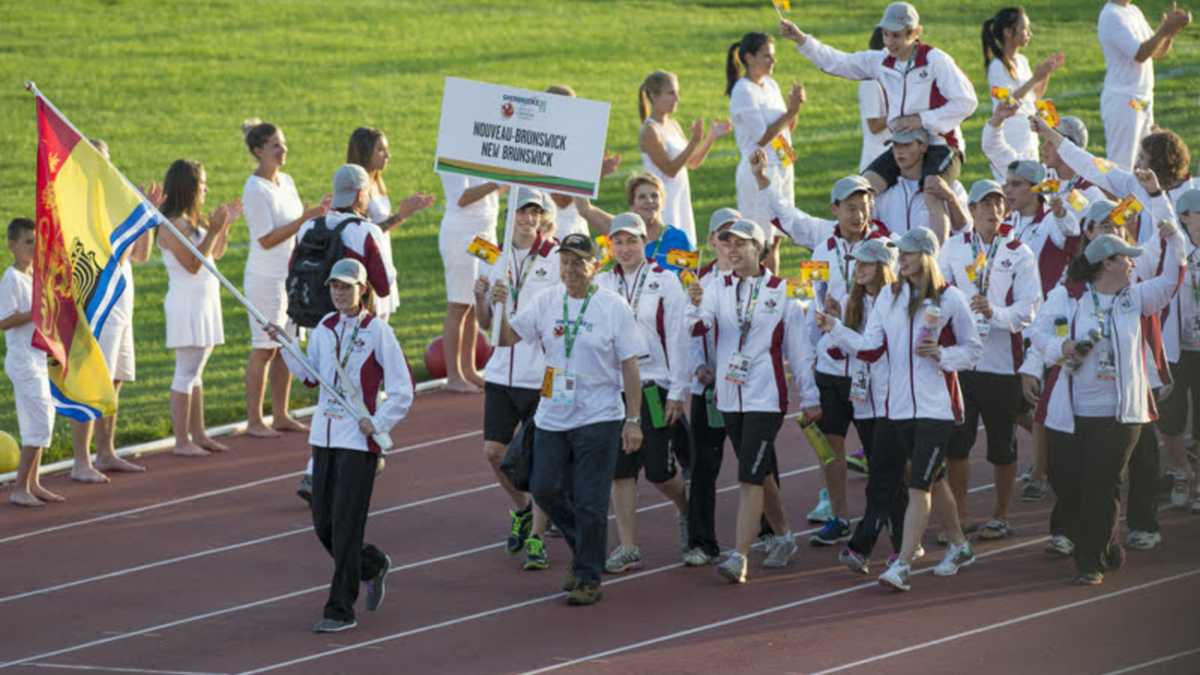Features
Sports Diplomacy: How Sports Transcend International Relations

When we think of diplomacy and international relations, sports might not be the first thing that comes to mind. However, over the years, sports have proven to be a powerful tool to bridge divides, foster international cooperation, and promote peace among nations. This phenomenon, often referred to as sports diplomacy, has gained recognition and significance in the realm of international affairs. This article explores how sports transcend international relations and the impact they have on promoting global unity.
The Historic Role of Sports in Diplomacy
Sports have a long history of promoting diplomacy and bringing nations together. One of the earliest examples dates back to ancient Greece, where the Olympic Games were held as a way to build relationships and resolve conflicts between city-states. These games transcended political differences and united participants in a spirit of friendly competition.
In modern times, one of the most famous instances of sports diplomacy occurred during the Cold War. The 1971 “Ping Pong Diplomacy” between the United States and China helped ease tensions between the two nations. The exchange of table tennis players led to improved diplomatic relations and eventually paved the way for President Richard Nixon’s historic visit to China.
The Unifying Power of Major Sporting Events
Major sporting events like the FIFA World Cup and the Olympic Games have the ability to captivate global audiences and transcend political, cultural, and religious differences. These events provide a platform where nations can come together, celebrate athleticism, and showcase the best of their respective cultures.
During the 1995 Rugby World Cup hosted by South Africa, the country had just emerged from the apartheid era. The tournament became a symbol of South Africa’s transformation and reconciliation as the nation rallied behind the Springbok rugby team. Nelson Mandela’s decision to wear the team’s jersey, traditionally associated with the apartheid regime, demonstrated his belief in using sports to heal wounds and unite the nation.
Sports as a Vehicle for Cultural Exchange
Another significant aspect of sports diplomacy is the cultural exchange it facilitates. When athletes from different countries come together to compete, they also bring their unique cultures and traditions. This exchange fosters a deeper understanding and appreciation for diversity.
The Olympic Village, for example, serves as a microcosm of global society, where athletes from various backgrounds interact and form friendships. These interactions often lead to lasting connections and promote cultural understanding beyond borders.
Sports as a Catalyst for Social Change
Sports have the power to bring attention to pressing social issues and advocate for change. Athletes, as influential figures, can use their platforms to raise awareness and drive conversations on topics like human rights, gender equality, and environmental sustainability.
Recently, the Black Lives Matter movement gained significant visibility in the world of sports, with athletes taking a stand against racial injustice and systemic discrimination. Their actions spark dialogue and encourage society to address these issues, transcending borders and inspiring change on a global scale.
Sports Diplomacy in Practice
The use of sports as a diplomatic tool is not limited to major international events or high-level exchanges. Many grassroots organizations and initiatives actively employ sports diplomacy to tackle societal challenges and promote social cohesion.
One such example is “Football for Peace,” a program that brings together young people from conflict-affected regions to participate in football tournaments. By fostering teamwork, trust, and respect among participants, this initiative aims to build bridges and promote reconciliation in areas of conflict.
The Future of Sports Diplomacy
As the world becomes increasingly interconnected, the role of sports diplomacy is set to expand. It has the potential to address global issues like public health, climate change, and economic disparities by leveraging the universal appeal and popularity of sports.
Through collaboration between governments, international organizations, and sporting bodies, sports diplomacy can continue to transcend international relations, create positive change, and promote unity in an ever-changing world.
In conclusion, sports diplomacy is a powerful force that goes beyond wins and losses on the field. It has the ability to foster international understanding, bridge divides, and drive social change. By recognizing the potential of sports diplomacy, we can harness the unifying power of sports to build a more peaceful and cohesive world.










